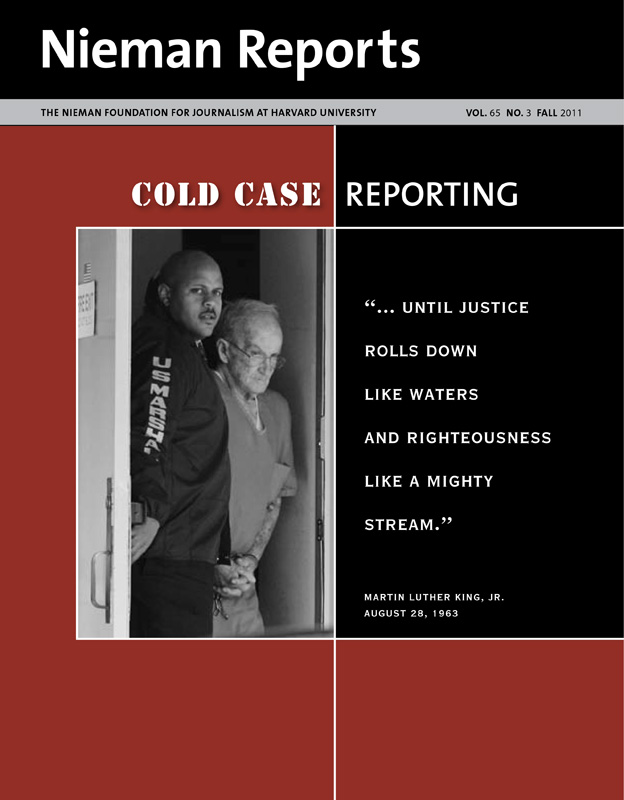TelQuel ("As It Is"), the French-language weekly I founded in 2001, has been the best-selling newsmagazine in Morocco since 2004. Time magazine mentioned its history of "breaking press taboos," The Guardian commended its "brave, pushy journalism," and the Los Angeles Times underlined "the scrappy magazine's uncanny ability to set the agenda in this North African kingdom and push the boundaries of acceptable discourse."
Covering politics, society, economy and the arts, TelQuel has featured groundbreaking cover stories such as "Mohammed VI the Businessman" (a detailed investigation into the king's private wealth), "The Jew in Us" (reporting on a hidden part of Moroccan identity), and "Being Homosexual in Morocco." Its staffers have won several international awards for cover stories on topics ranging from the king's cult of personality and the drug trafficking in the Rif Mountains to police corruption and Morocco's Christian minority.
In 2006, I founded the weekly newsmagazine Nishan ("Upfront") as a sister publication to TelQuel. The plan was to convey the same values and journalistic brand but in Moroccan Arabic. Even though the two weeklies, of which I was publisher and editor, had distinct staffs of journalists, they often shared stories or formed joint teams for investigations. The Los Angeles Times wrote that Nishan offered a model of investigative journalism and open inquiry for the rest of the Arab and Muslim world: critical journalism that is "probing, relevant and with popular appeal." Yet this was not to everybody's delight.
As The Economist put it, Nishan's "combination of strident secularism, irreverence and willingness to tackle controversial political issues led to its success but also made it powerful enemies." Islamists and conservatives quickly accused the magazine of having a "foreign agenda" aimed at "undermining Islamic faith and values." Despite these attacks (or perhaps because of them) Nishan managed to become the best-selling Arabic weekly in Morocco in 2008, less than two years after it began.
Concomitantly (or consequently), the two magazines were often in trouble with the authorities. As the editor, I was repeatedly prosecuted and was briefly detained once. Authorities seized many issues and police forces destroyed hundreds of thousands of copies. During most of their existence, the two outlets suffered a severe, government-led economic boycott.
As major companies withdrew their advertisements, Nishan's revenue dropped by 80 percent between 2008 and 2010. I had to shut it down in October 2010 after it went bankrupt. TelQuel managed to resist pressures longer by attracting advertisements from multinational companies, which are, somehow, less responsive to calls for boycotting. Yet the pressure was growing stronger anyway—something had to be done to relieve it.
I stepped down from TelQuel and left Morocco in early February 2011. Based at Stanford University, I am now gladly exploring the infinite opportunities of the free world.



